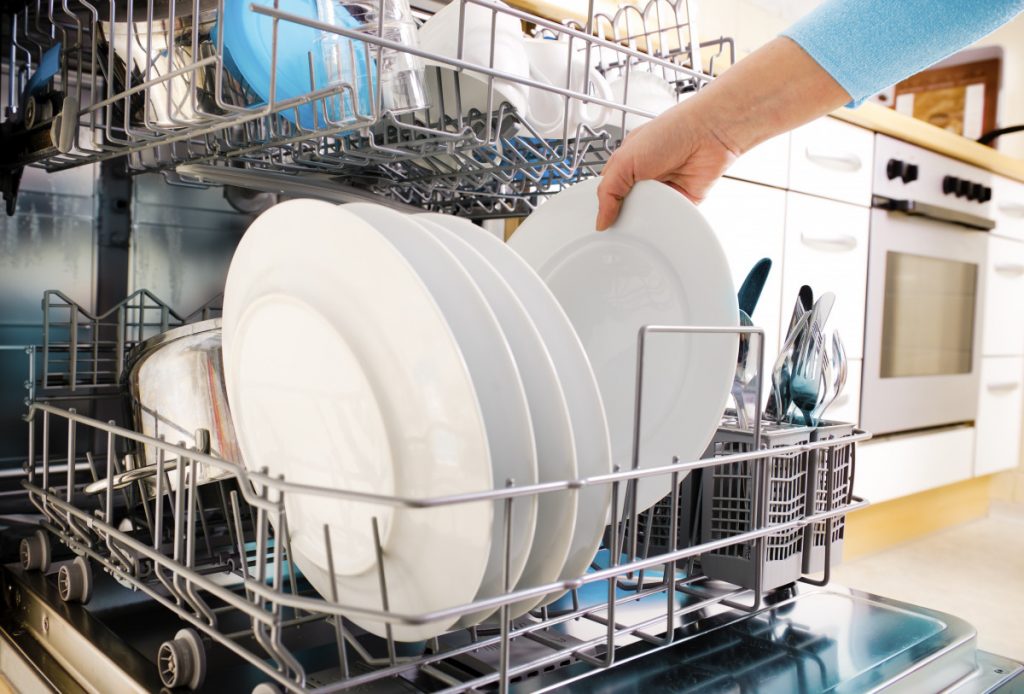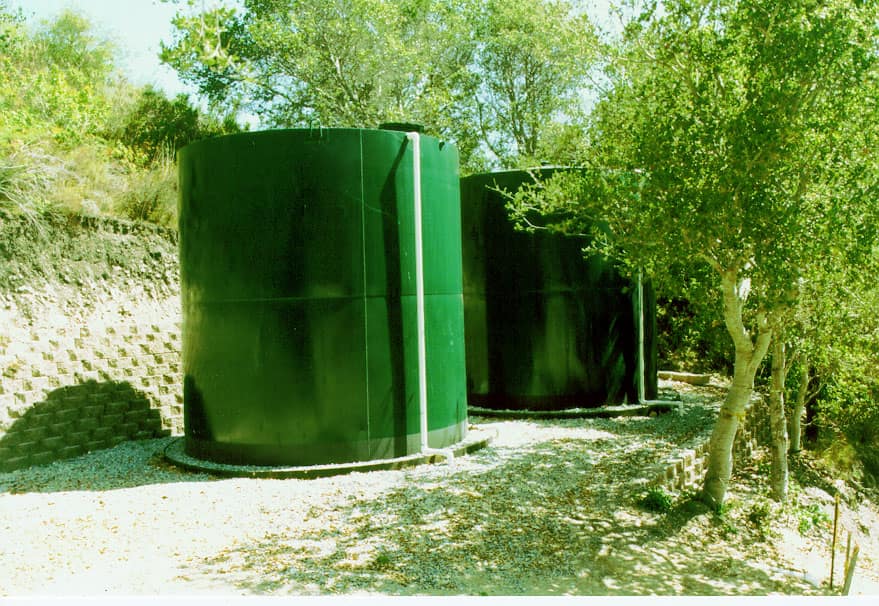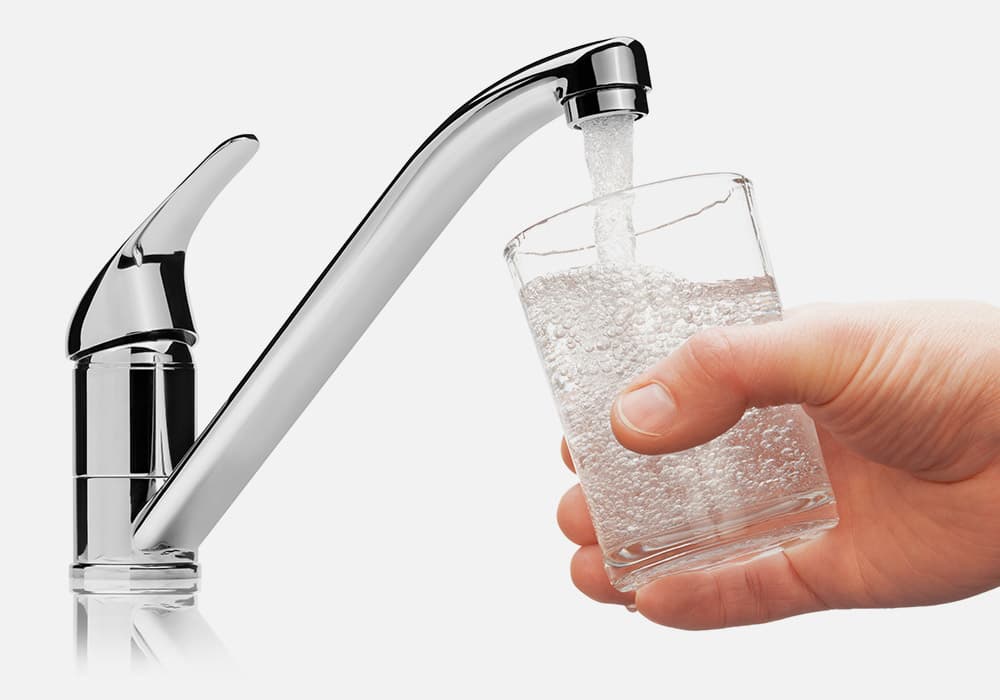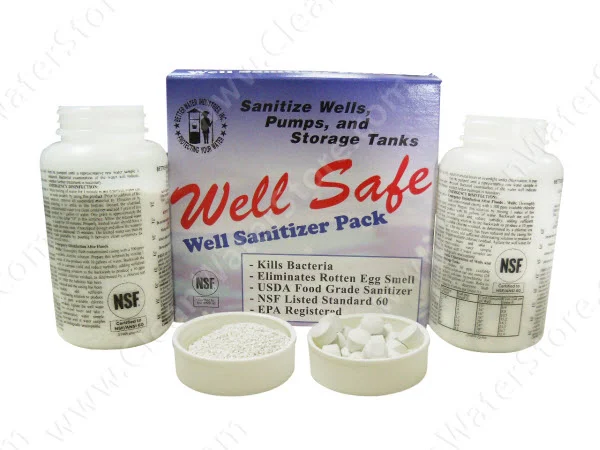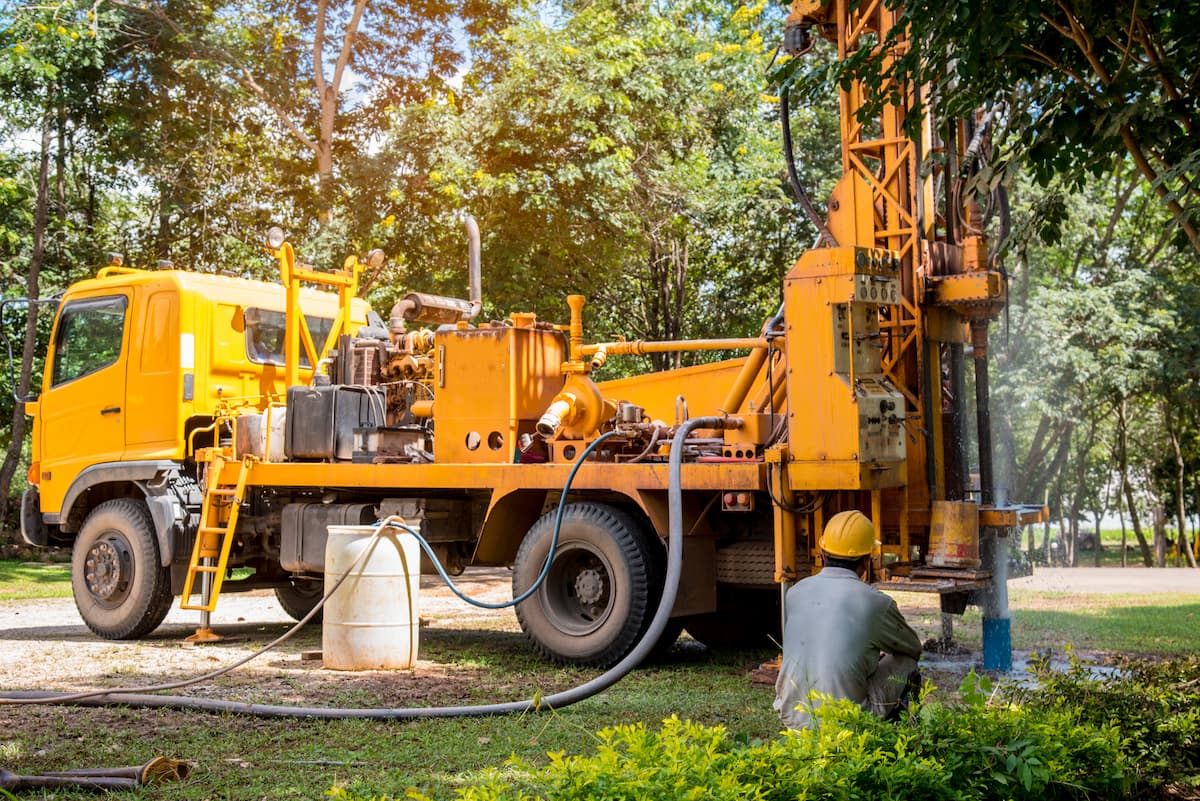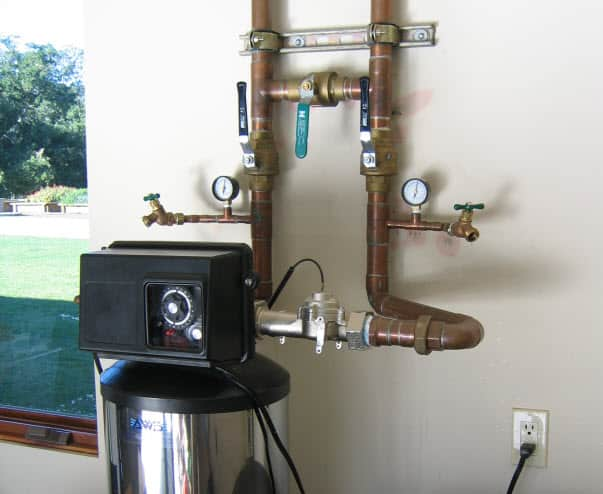Understanding Water Hardness in U.S. Homes: Grains Per Gallon Demystified
Understanding Water Hardness in U.S. Homes: Grains Per Gallon Demystified
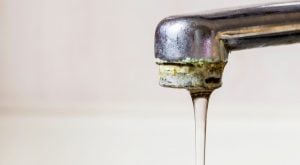 Water quality is a topic that often generates interest among homeowners. One commonly used term for water quality in homes across the U.S. is “grains per gallon.”
Water quality is a topic that often generates interest among homeowners. One commonly used term for water quality in homes across the U.S. is “grains per gallon.”
This term is essential to understanding the concept of water hardness. This article will unravel the concept of grains per gallon, how it measures water hardness, and its implications for households.
The Journey of Water Hardness
Water's hardness, often measured in grains per gallon, is rooted in its natural passage through soil and rock formations. As water navigates these terrains, it dissolves and carries calcium and magnesium minerals.
Groundwater, which feeds into our rivers and lakes, often has prolonged exposure to these minerals, accumulating more of these hard water grains per gallon. While rainwater begins its journey as soft water, its passage through areas rich in limestone or chalk sees it gathering hardness minerals, increasing its grains per gallon hardness.
The Consequences of Hardness Levels
Understanding how many grains per gallon is considered hard water is pivotal in gauging its impact on household chores and appliances. Water with higher grains per gallon hardness offers benefits, like imparting essential minerals to our diet and potentially enhancing the flavor of beverages like tea.
However, the flip side is its strain on plumbing and the challenge it poses to cleaning due to its interaction with soap.
When we consider grains per gallon to ppm, 1 GPG equates to roughly 17.1 ppm.
Using this conversion, it's easier to address the water's hardness level and decide if a grains-per-gallon water softener is needed. Soft water, with its reduced grains of hardness, proves advantageous for laundry and bathing but can pose challenges, such as potential corrosion of pipes.
What is Water Hardness?
Here is the meaning of “water softener grain,” or the exact meaning of grains in relation to softeners.
Water hardness is a measure of the concentration of certain minerals, primarily calcium and magnesium, present in your tap or water supply. When these mineral concentrations are high, your water is said to be ‘hard.' On the contrary, when the mineral content is low, you have ‘soft water.'
Grains Per Gallon (GPG): The Standard Measurement
The standard U.S. water hardness measurement is “grains per gallon” (GPG). In this context, “grains” refers to a specific unit of weight, equivalent to 1/7000th of a pound.
Therefore, when we say “grains per gallon,” we are referring to the number of grains of hardness minerals contained in one gallon of water.
How to Check Water Hardness Level
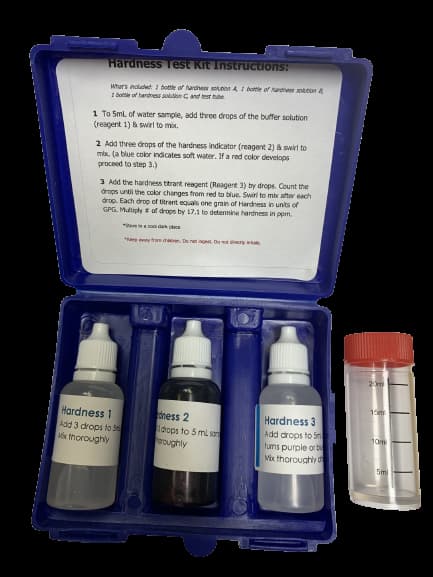
A water hardness test kit is the simplest and most accurate method for determining your water’s hardness level.
Our Hardness Test Kit Pro is designed for easy, at-home use. It allows you to quickly test your water by measuring the concentration of calcium and magnesium ions responsible for hard water.
Simply follow the instructions provided with the kit, and you'll know your water's hardness in minutes.
Regularly testing your water helps ensure that your water softener or treatment system is functioning optimally and gives you insight into how hard your water is so you can take the appropriate steps to treat it.”
Hard Water Grains and Their Implications
Hard water grains are essentially the amount of calcium and magnesium minerals found in water.
While these minerals are not harmful to health, they can lead to various household challenges.
High levels of calcium carbonate hard water grains can:
- Scale buildup in pipes and appliances reduces their efficiency and lifespan.
- Make cleaning tasks more demanding due to soap scum and spots on glassware and dishes.
- Lead to dry skin and hair due to the reduced ability of soap to lather.
Defining Water Hardness Levels
So, how many grains per gallon is considered hard water? The general breakdown is as follows:
- Soft Water: 0-3.5 GPG
- Moderately Hard: 3.5-7 GPG
- Hard: 7-10.5 GPG
- Very Hard: Over 10.5 GPG
By these standards, if one grain of your water contains more than 7 GPG, you are dealing with hard water. When one asks, “How many grains of hardness is considered hard water?” the answer is anything above 7 grains.
Grains Per Gallon to PPM
Another unit often used to measure water hardness is parts per million (ppm). The relationship between GPG and PPM is quite direct. For our water hardness test results specifically, 1 grain per gallon roughly translates to 17.1 ppm. So, if you have a reading in ppm, you can easily convert it to GPG using this ratio. This conversion is vital, especially when comparing water test results or considering water treatment solutions available in different units.
Addressing Hard Water: The Role of Grains Per Gallon Water Softeners
Now that we understand water hardness levels and how to measure them, the next step is addressing the problem if you have hard water. Enter the grains per gallon water softener. These devices are designed to reduce the mineral content in your water, essentially “softening” it.
Water softeners work by replacing calcium and magnesium ions with sodium ions. Their capacity is often rated in grains, indicating how many grains of hardness they can remove before regeneration. Knowing the right water softener's hardness level is crucial in selecting the right-sized softener.
Converting PPM Hardness to Grains
As mentioned, if you have a water test result in the ppm hardness scale and need to make sense of it in terms of grains, use the ratio of 1 GPG = 17.1 ppm. So, to convert ppm hardness to grains, simply divide the ppm number by 17.1.
What is Hardness versus TDS? (Total Dissolved Solids)
TDS refers to the total concentration of dissolved substances in water, the total dissolved solids, including hardness. This includes inorganic salts (primarily calcium, magnesium, potassium, sodium, bicarbonates, chlorides, and sulfates) and small amounts of organic matter.
Hardness is mainly concerned with the potential for scale formation and interference with soap action, while TDS gives a broader indication of water purity and the presence of dissolved substances.
The Importance of Correctly Sizing Your Water Softener
The sizing of your water softener is not just a trivial detail; it's crucial to its efficiency and longevity. An undersized softener will regenerate more frequently, causing excessive salt usage and wear on the system.
Conversely, an oversized softener means unnecessary upfront expense and potential water waste during the regeneration cycle. Therefore, the grains-per-gallon measurement plays a pivotal role in ensuring you select a unit that's a perfect match for your home's water hardness level.
Water Softener Benefits and Maintenance
Beyond just ‘softening' water, water softeners offer a myriad of benefits to homeowners. Softened water protects appliances from scale buildup, resulting in longer appliance life and better efficiency. You'll notice a difference in everyday tasks, too. Laundry becomes brighter, soap lathers better, and there are fewer spots on dishes and glassware.
However, it's essential to remember that water softeners require regular maintenance, including refilling with salt and occasional system checks, to function optimally. Staying informed about your water's grains per gallon hardness and the softener's capacity ensures the system works efficiently, consistently providing your home with high-quality water.
In Conclusion
Grains per gallon, as a measurement of water hardness, is integral to understanding and managing water quality in U.S. homes. Whether you are assessing the need for a water softener or trying to make sense of a water test result, having a grasp of the “grains per gallon water hardness scale” and related terms ensures that you make informed decisions for your household's water needs.
Read more! Links That We Like:
- U.S. Environmental Protection Agency (EPA) – Ground Water and Drinking Water: This page provides valuable resources and information on drinking water quality, including aspects related to water hardness: https://www.epa.gov/ground-water-and-drinking-water
- U.S. Geological Survey (USGS) – Water Hardness and Alkalinity: The USGS offers insights into water hardness, how it's caused, and its implications. The site is especially suitable for understanding the scientific aspects of water hardness: https://www.usgs.gov/special-topics/water-science-school/science/hardness-water
- The Water Quality Association (WQA) – Water Hardness: While WQA is technically an association, it is a reputable source for information on water quality. This page specifically deals with water hardness, its causes, and its effects: https://wqa.org/learn-about-water/perceptible-issues/scale-deposits/

